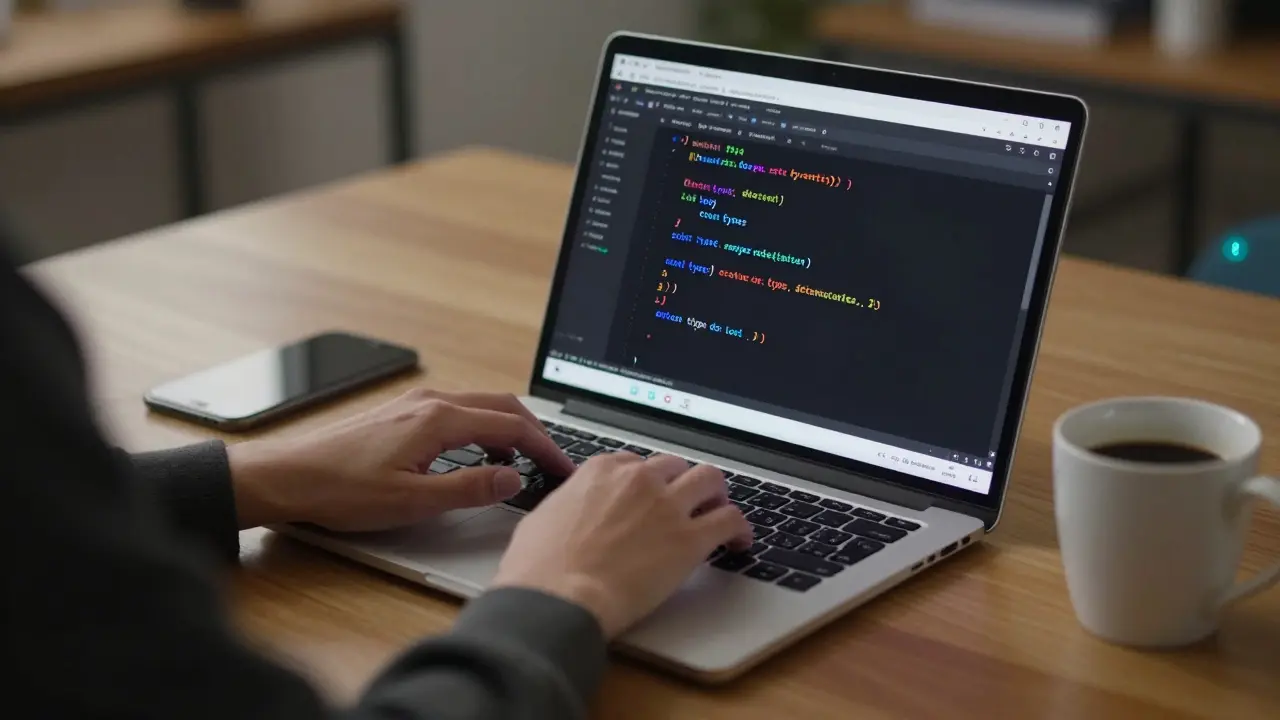PHP Best Practices: Write Cleaner Code Every Time
If you're working with PHP, you know it’s everywhere—from simple websites to complex web applications. But writing PHP that’s easy to maintain and performs well can be tricky. Good news: following proven PHP best practices will save you tons of headaches later.
Start by sticking to consistent coding style and indentation. It sounds basic, but messy code slows you down and makes debugging a nightmare. Use meaningful variable and function names to keep your code readable—not just for you, but for anyone who might work on it next.
Debugging and Testing Your PHP Code
Debugging is a skill you can’t skip. PHP offers tools like error_reporting and Xdebug to spot issues early. Don’t ignore warnings—they often hint at bugs that could cause bigger problems down the road. Break your code into smaller functions so it’s easier to test and isolate problems.
Try writing tests for critical functions using PHPUnit. Sure, it takes extra effort upfront, but it helps catch errors before they hit production. It’s better than chasing mysterious bugs after users find them.
Security Tips for Safer PHP Applications
PHP apps often handle sensitive data, so security is a must. Always validate and sanitize user input to guard against attacks like SQL injection and cross-site scripting. Use prepared statements when working with databases instead of inserting raw input directly into queries.
Keep your PHP version up to date. Newer versions patch security holes and improve speed. Don’t rely on outdated libraries or frameworks that might be vulnerable.
Ultimately, PHP best practices boil down to writing clear, tested, and secure code. It takes practice, but each improvement makes you a better programmer and helps your projects run smoother. Have you tried adding automated tests or using a debugging tool in your workflow yet? Those small steps can change how confidently you write PHP every day.

- Jan 18, 2026
- Mark Cooper
- 0 Comments
PHP Tricks: Essential Techniques for Reliable Web Development
Discover essential PHP tricks that make web development faster, safer, and more reliable in 2026. Learn how to use type hints, prepared statements, caching, and modern PHP features to build robust websites without frameworks.

- Dec 14, 2023
- Clayton Shaw
- 0 Comments
Mastering PHP: Essential Strategies and Tips for Developers
Hello there! Dive with me into the world of PHP as we unravel some incredible tricks that can really beef up your developing toolkit. I've compiled a host of strategies and nifty tips that I personally use to streamline my coding process and tackle common PHP challenges. Whether you're just dipping your toes into PHP or you're an old hand looking to freshen up your skills, this post is jam-packed with wisdom that promises to give you an edge. Tag along and let's elevate our PHP game together!
